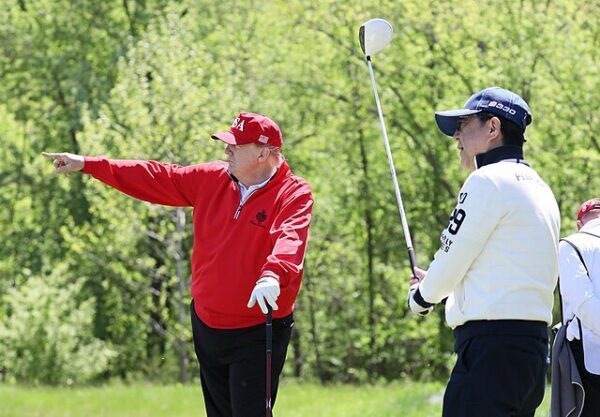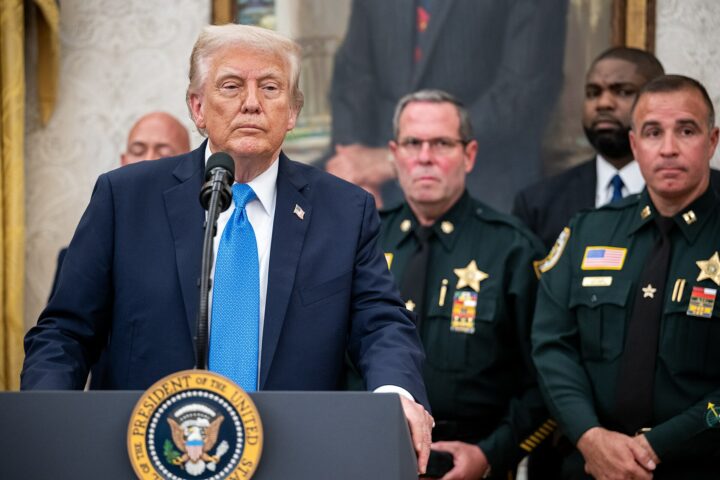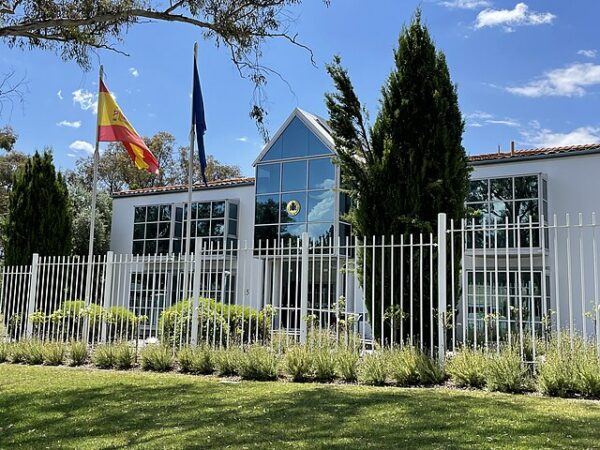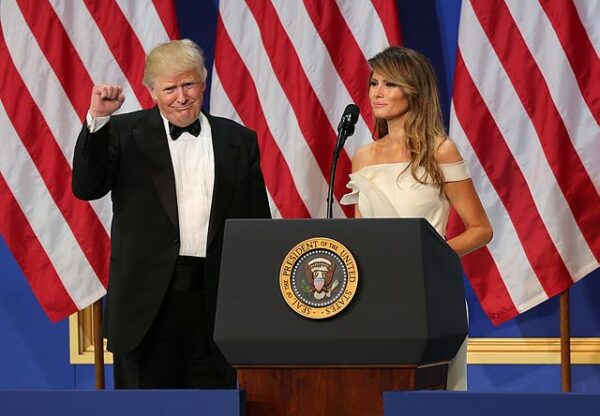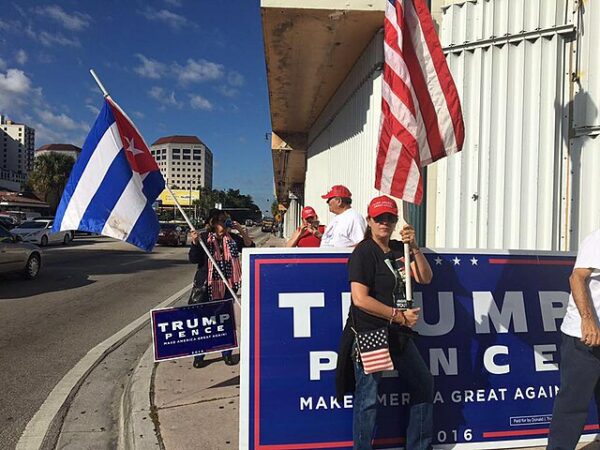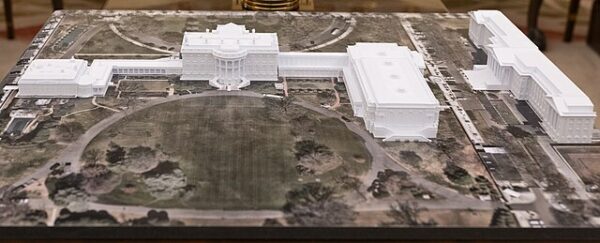In a gesture steeped in symbolism, Japan’s new Prime Minister Sanae Takaichi presented President Donald Trump with a golf putter once belonging to the late Shinzo Abe during their first summit on Tuesday, signaling her intent to rekindle the personal diplomacy that once anchored U.S.-Japan relations.
The putter—displayed in glass alongside a gold-leaf golf ball and a bag signed by champion Hideki Matsuyama—served as both tribute and message: a reminder of the warm friendship between Trump and Abe, who shared the golf course and a strategic alliance that defined Trump’s first term.
Trump was just gifted Shinzo Abe’s putter.
Look at his reaction when he was told.
Japan’s new Prime Minister securing the US-Japan alliance for generations to come.pic.twitter.com/kIVZsZz06k
— Geiger Capital (@Geiger_Capital) October 28, 2025
As a protégé of Abe—assassinated in 2022—Takaichi appears determined to draw from his legacy to stabilize her new administration and navigate looming disputes over defense spending and trade. “I think it has significant meaning,” said Masahiko Shibayama, a lawmaker who once advised Abe on U.S. relations. “I believe the relationship of trust between two top leaders like this is certain to lead to the strengthening of the alliance.”
The meeting unfolded as the trial of Abe’s accused killer began in Nara, Takaichi’s hometown—a poignant overlap that framed much of the discussion. Greeting Trump at Tokyo’s Akasaka Palace, Takaichi listened as he recalled his late counterpart: “He was a great friend of mine and a great friend of yours.”
Takaichi, who rose under Abe’s mentorship—first in his 2006 cabinet and later as home minister—thanked Trump for his “enduring friendship” with Abe and for welcoming Abe’s widow, Akie, to Mar-a-Lago after his recent election victory. The session included Sunao Takao, Abe’s former interpreter, whom Trump once jokingly called his “junior prime minister.”
Mark Davidson, a former U.S. diplomat now teaching in Tokyo, called Takaichi’s outreach astute. “With President Trump, all politics is personal,” he said. “He had a very close, warm and trusting relationship with Prime Minister Abe. I think that Prime Minister Takaichi’s close ties with late Prime Minister Abe set up this relationship for success.”
The two leaders capped the summit by signing baseball caps bearing the slogan “JAPAN IS BACK,” Abe’s signature phrase that Takaichi adopted during her leadership bid. Abe had been the first foreign leader to meet Trump after his 2016 victory—a bond cemented over rounds of golf in both Tokyo and Florida.
Though Takaichi is not known for her golf game, she joked about watching the first innings of a Major League Baseball game with Trump earlier in the day. Cultivating a personal rapport with Trump like her mentor did could bolster her at home, where her coalition remains two seats shy of a lower-house majority.
For both leaders, the meeting was more than ceremonial. It was a signal—to allies and rivals alike—that the Abe-Trump axis may find new life under Takaichi’s hand.

